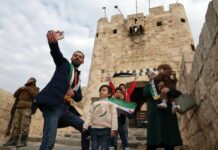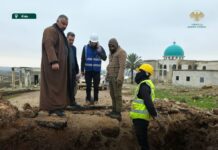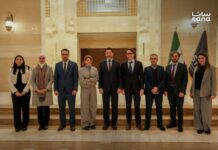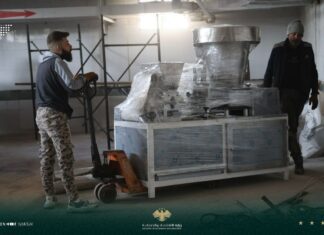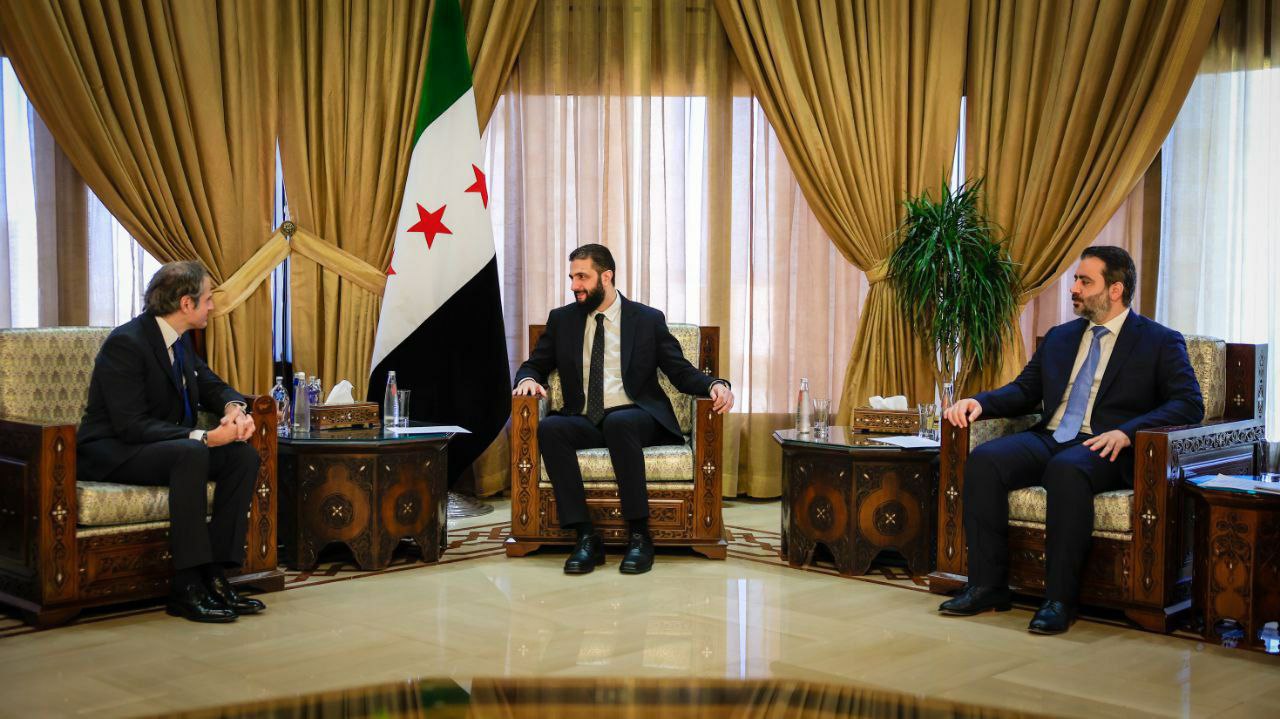
In his first visit to Damascus since the fall of the Assad regime, the Director-General of the International Atomic Energy Agency (IAEA), Rafael Grossi, discussed, “the possibility of developing nuclear energy.” In his on June 4 visit Grossi announced that the Syrian government has agreed to grant agency inspectors immediate access to previously suspected nuclear sites in Syria.
In statements to the Associated Press (AP), Grossi said that the agency’s goal in Syria is “to clarify some activities that took place in the past, which the agency believes may have been related to nuclear weapons,” describing the new Syrian government as “committed to openness to the world and international cooperation.”
Regarding the locations that IAEA inspectors intend to visit, Grossi said they plan to return to the al-Kubar reactor in Deir Ezzor, along with three other relevant sites, including locations under IAEA safeguards: a miniature neutron reactor in the capital, Damascus, and a yellowcake uranium processing facility in Homs.
Grossi explained that the agency “is trying to narrow its focus on those matters or those that may be of genuine interest,” adding that “despite no indications of radioactive emissions from the sites, the agency is concerned that enriched uranium may exist somewhere and could be reused, smuggled, or trafficked.” The IAEA expressed hope to complete the inspection process at the previous nuclear sites in Syria within months.
Nuclear Energy and Medical Applications
Syrian President Ahmad al-Sharaa met with IAEA Director General Grossi in Damascus. According to the director the president expressed an interest in obtaining nuclear energy for Syria sometime in the future. During the Damascus meeting, Grossi said that the agency will begin “exploring opportunities for using nuclear energy in Syria.”
In addition to resuming inspection operations, the IAEA is ready to transfer medical nuclear equipment and assist in rebuilding the infrastructure for radiotherapy, nuclear medicine, and oncology treatment in the severely weakened healthcare system. Grossi added that Sharaa “showed a very positive inclination to talk with us and allow us to carry out the activities we need.”
Peace Enables Development
In a related context, Minister of Foreign Affairs Asaad al-Shaibani signed a memorandum of understanding between Syria and the IAEA on cooperation in fields of food security and combating cancer through the agency’s Corn for Food and Rays of Hope initiatives. “I appreciate his (Sharaa’s) courage in cooperating with complete transparency to close a chapter of Syria’s past… non-proliferation is peace, and peace enables development,” Grossi said of the Syrian leader.

